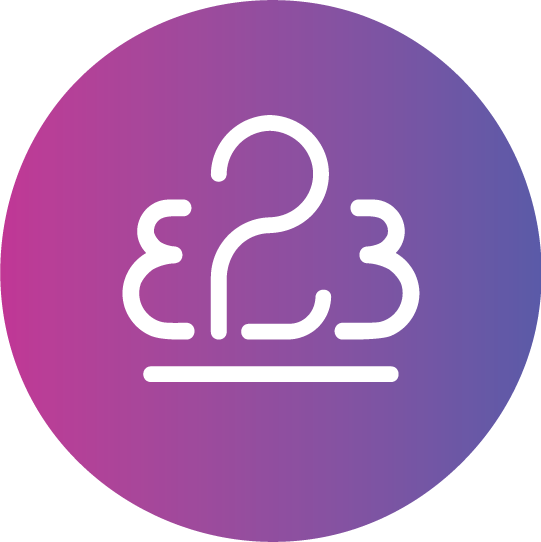
Mentorship is a profound journey of learning, growth, and empowerment.
My recent mentoring focus has been on leadership development, guiding young entrepreneurs, and supporting women in leadership.
We can all agree that mentors play an essential role in shaping the leaders of new age. I am incorporating somatics into mentorship, with the need to give full support so that leaders can embody their true leadership skills. Let me explore these things in more detail.
- Mentorship in leadership development
Leadership development is a continuous journey that requires guidance and support from experienced mentors. A skilled mentor provides valuable insights, shares real-life experiences, and helps future leaders build a strong foundation.
A great mentor encourages their mentee to explore their strengths and weaknesses, fostering an environment where the mentee can learn from mistakes and grow as a leader. As a result, mentees gain confidence and develop the ability to inspire and motivate teams, positively impacting their organizations.
- Mentorship for young entrepreneurs
Mentorship here becomes a guiding light, offering a wealth of knowledge and expertise to navigate the challenges of entrepreneurship. A mentor is a supportive figure, providing encouragement, practical advice, and networking opportunities.
One of the most significant benefits is avoiding common pitfalls and thus making effective decisions. With a mentor’s guidance, they can refine their business ideas, identify market opportunities, and develop sustainable strategies for growth.
- Mentorship for women in leadership
Despite significant progress in promoting gender equality, women still face barriers in leadership positions. A mentor who understands these challenges can play a crucial role in empowering female leaders to overcome obstacles.
Mentorship here addresses work-life balance, self-advocacy, and resilience.
The importance of somatics
A mentor who incorporates somatics into their guidance helps their mentees develop self-awareness and emotional intelligence. They encourage reflective practices enabling mentees to manage stress and maintain clarity during challenging situations.
Somatic sensibility enhances communication and fosters trust within the mentor-mentee relationship. Mentors who understand their own somatic responses can create a safe and supportive space for mentees to express themselves authentically.












